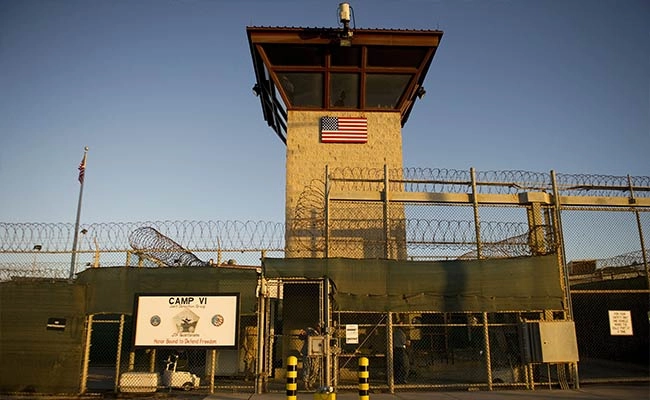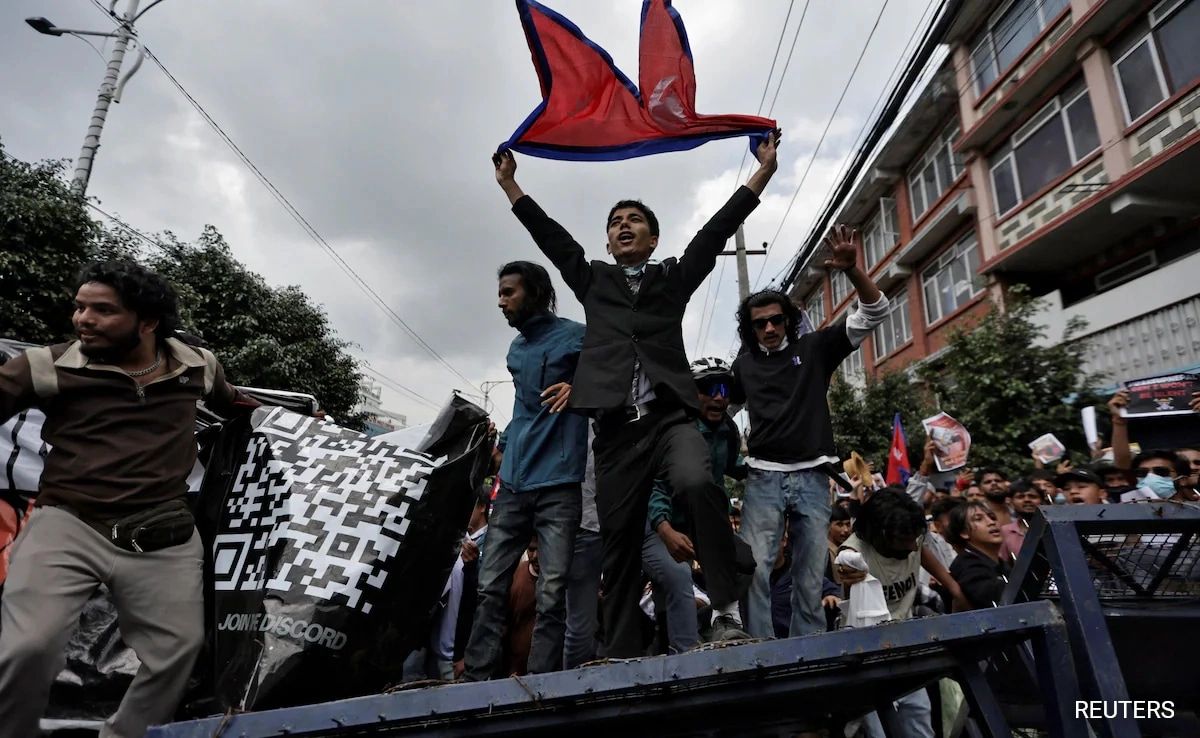The issue of migrant detentions at Guantanamo Bay has garnered significant attention, particularly due to the staggering financial implications associated with the facility. Reports indicate that the cost of detaining each individual at Guantanamo Bay amounts to an astonishing $100,000 per person per day. This figure raises critical questions regarding the efficiency and morality of such expenditures, especially in light of the broader context of immigration policy and human rights considerations. The financial burden not only reflects the operational costs of maintaining such a facility but also highlights the complexities of the United States’ approach to immigration and national security.
Detaining migrants in a facility that is often associated with controversial practices and legal ambiguities adds another layer of complexity to the situation. The exorbitant costs involved in these detentions are often justified under the guise of national security, but critics argue that this approach is both economically unsustainable and ethically questionable. With the resources allocated to such high costs, many advocate for a reevaluation of detention policies and a shift towards more humane and cost-effective alternatives. Furthermore, the financial strain on taxpayers raises important questions about priorities in government spending, especially when there are pressing needs in other areas such as healthcare, education, and infrastructure.
Moreover, the conditions within Guantanamo Bay have faced criticism from human rights organizations, which argue that the treatment of detainees often falls short of international standards. The high cost of detaining individuals does not necessarily correlate with the quality of care or legal representation they receive, leading to further concerns about justice and human dignity. As the global discourse around migration continues to evolve, the United States must grapple with the implications of its current policies. The significant financial resources tied up in Guantanamo Bay could potentially be redirected toward more constructive and humane approaches to immigration, reflecting a commitment to both security and human rights.
Ultimately, the revelations about the cost of migrant detentions at Guantanamo Bay serve as a call to action for policymakers. The staggering figure of $100,000 per person per day underscores the need for a comprehensive review of detention practices, focusing on cost efficiency and humane treatment. As discussions about immigration reform intensify, it is imperative to consider the long-term implications of current policies and the moral responsibilities that accompany the treatment of vulnerable populations. The future of U.S. immigration policy may hinge on the ability to balance security concerns with ethical considerations, paving the way for a more just and equitable system.




